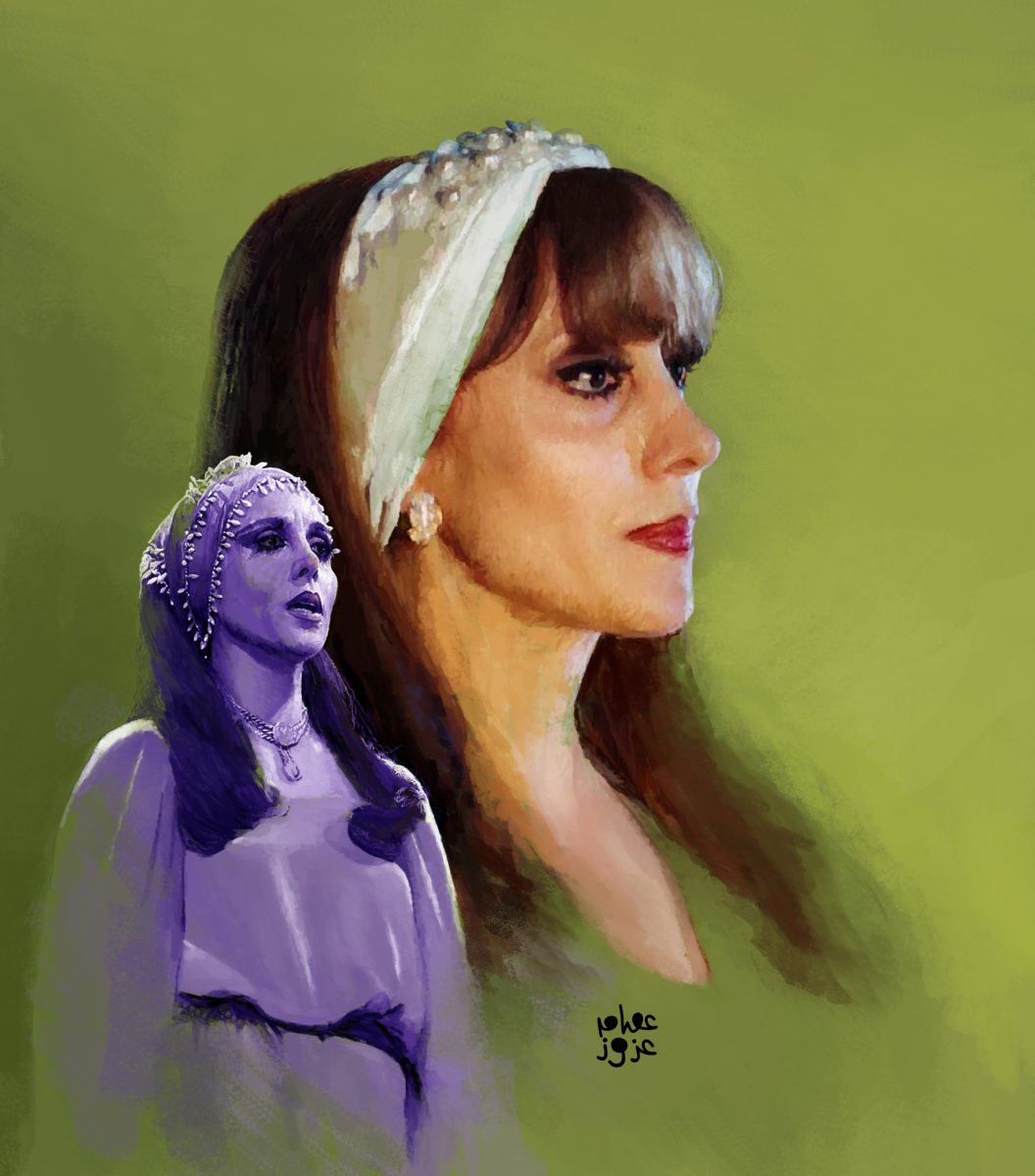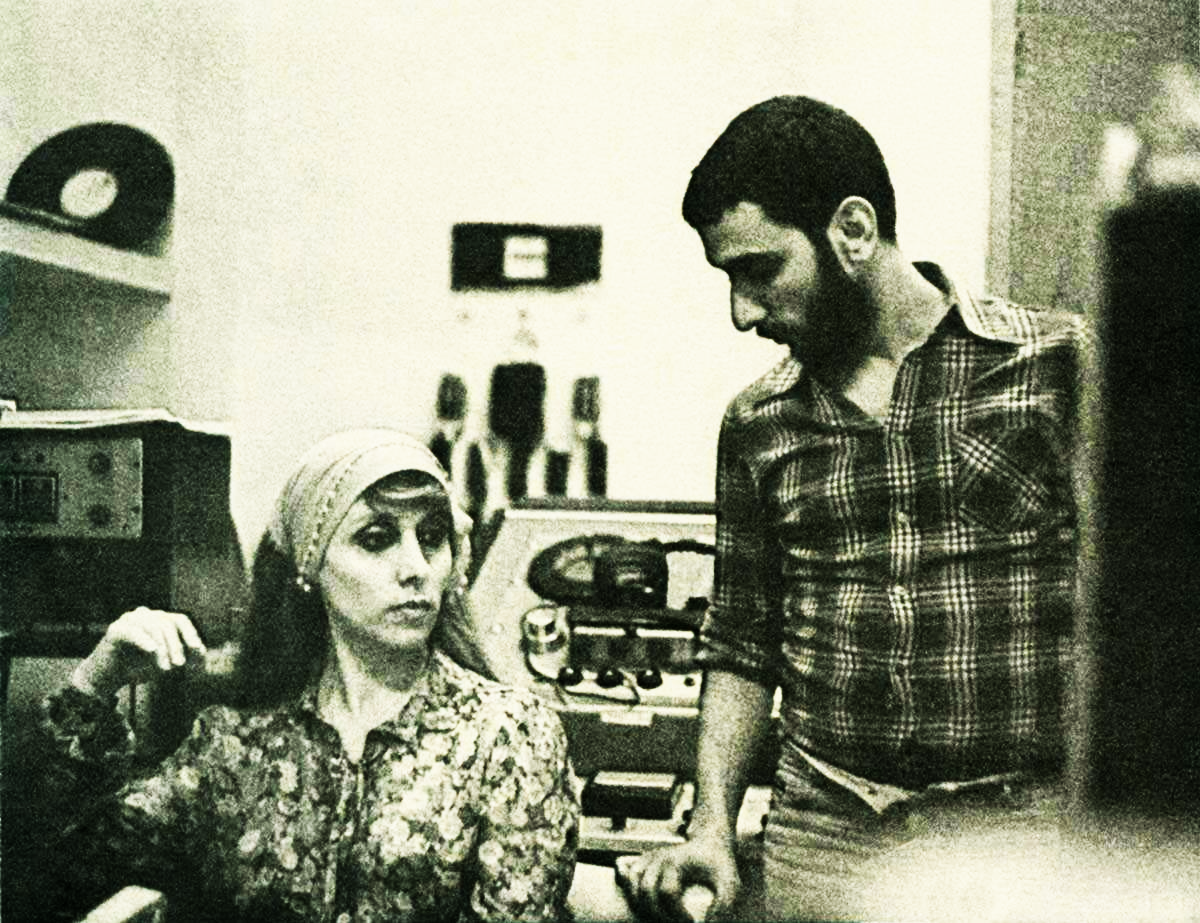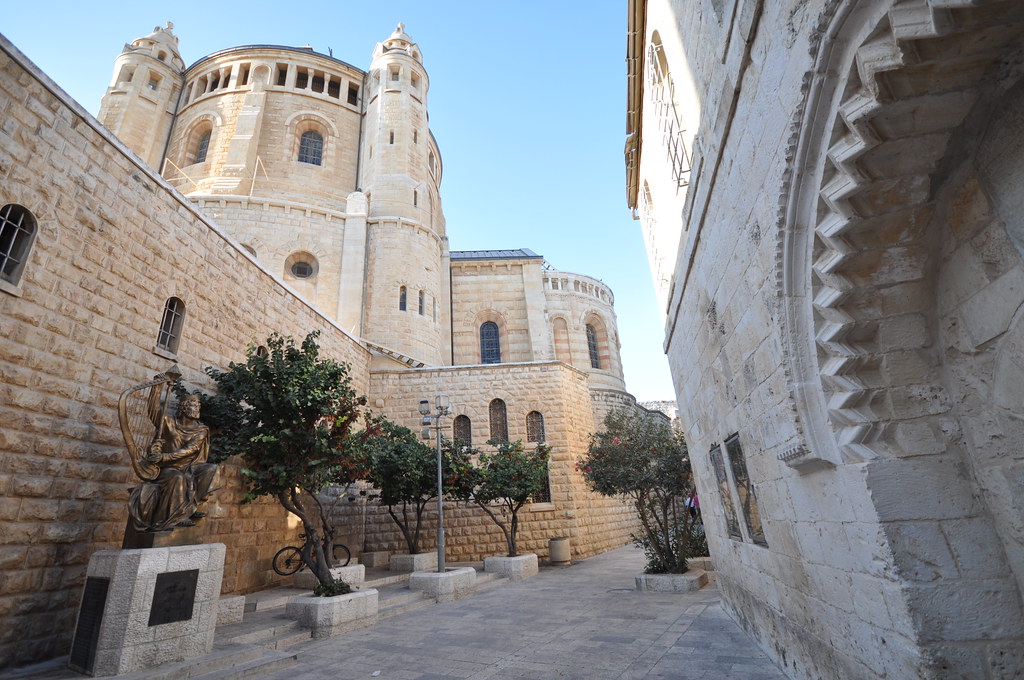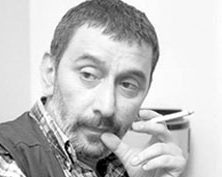Lebanese are mourning the loss of Ziad Rahbani, the legendary composer, playwright and cultural critic whose work reshaped Arabic music and theater. Rahbani died of a heart attack on the morning of Saturday, July 26, in Beirut, according to a hospital statement published by Lebanese newspaper L’Orient-Le Jour.
“Saturday at 9:00 a.m., the heart of the great artist and creator Ziad Rahbani stopped beating,” the statement read.
A Revolutionary Voice in Music and Theater
Ziad Rahbani was a Lebanese composer, pianist, playwright and political commentator. Born on January 1, 1956, in the town of Antelias in the Metn district of Lebanon to Fairouz, who is one of the Arab world’s most famous singers and Assi Rahbani, one of the founders of modern Arabic music.
It’s said that he began engaging with music from a young age, often interrupting his school lessons to follow his father’s compositions. Assi encouraged him to develop his own artistic opinions, even as early as the age of six.
Rahbani’s first known artistic work was Sadiqi Allah (My Friend God), a collection of writings between the years 1967 and 1968 when he was in his teens. In 1973, Assi Rahbani, his father, was hospitalized and his mother Fairuz was to play the leading role in Al Mahatta by the Rahbani brothers. Mansour Rahbani, his uncle, who had written the lyrics of a song about Assi Rahbani’s forced absence, gave Ziad Rahbani the task of composing its music. The song Saalouni El Nass (People Asked Me) gained him recognition in the music world. His first appearance on stage was in Al Mahatta, where he played the role of the detective. He also went on to appear in the Rahbani Brothers’ Mays el Rim in the role of one of the policemen.
From there, his body of work grew to include musicals, plays, and satirical political commentary that resonated deeply with generations of Lebanese citizens.
In The Harvest of Thorns: Political Comedy Theater in Syria and Lebanon, Aksam Al-Youssef wrote, “Under these circumstances, as a young adult, Ziad imposed himself on the artistic scene as a playwright, director, composer, pianist and actor. In a short time, his original theater would become the center of attention for young people who found in it the voice of a lost generation caught in the throes of war and violence.”
Many of his musicals satirize Lebanese politics both during and after the Lebanese Civil War and are often critical of the traditional political establishment. Rahbani’s plays were often irreverent, radical and deeply humane, critiqued Lebanon’s sectarian power-sharing system, warlord politics and social inequality. His openly leftist politics and alignment with the Lebanese Communist Party set him apart in the cultural landscape. Despite controversy, he became a singular voice for the disenfranchised during and after the Lebanese Civil War.
Fairouz: The Soul of Lebanon

Born Nouhad Haddad in 1935 to a modest family in Beirut, Fairouz, which means “turquoise” in Arabic, is one of the most influential and famous singers in the Arab world. Having dominated the Lebanese and Arab music scene since she was discovered in the early 1950s at the age of 14.
Fairouz is one of the Arab world’s most revered vocalists. Her ethereal voice and modest public persona have made her a symbol of national unity in a divided Lebanon. She shot to fame after her first performance at the Baalbeck International Festival in 1957. She then went on to perform in some of the world’s most prestigious venues including Royal Albert Hall in London, Carnegie Hall in New York and the Grand Olympia in Paris.
Fairouz, with her iconic voice, is widely considered as a living legend and a national Lebanese treasure. Her songs, many of which were written and composed by her own son Ziad, continue to be played across Lebanon.
She hasn’t made many public appearances since her health began to deteriorate.
Her last concert was in 2012, when she performed at the Platea theater in Jounieh. One of her last public appearances was in September 2020 with French President Emmanuel Macron, who visited her home in Rabieh. The French leader, who was in Beirut in the aftermath of the devastating Beirut port explosion, awarded the singer with the Legion of Honor, France’s highest order of military and civil merit.
“I told her everything that she represented to me, of a Lebanon that we love and that many are expectant of, a nostalgia that many have,” Macron said at the time.
Fairuz married composer and musician Assi Rahbani in 1954 and together they had four children, including Ziad. In 1988, Fairuz lost another of her children, composer Layal, to a stroke. The Lebanese singer now lives with her son Hali, who was born with a mental and physical disability, and Rima, a photographer and film director.
Working Together

When Ziad was just 17, he composed his first music for his mother. Many of Fairouz’s most memorable works were composed by her son Ziad, including enduring classics such as:
1. “Sa’aloni al-Nas”
2. “Ala al-Hada”
3. “Yakalli”
4. “Kifak Anta”
5. “Adiy”
6. “Ana Andi Habib”
7. “Baini w Bainak”
The Rahbani family and their works spanning over more than six decades have reshaped the local and Arab theater and music scene. Ziad in particular was a beloved figure among many Lebanese as his satirical takes on politics and sectarianism in Lebanon were a comfort to many throughout the Lebanese civil war (1975-90) and the successive crises in the country.
A Legacy Woven Through Crisis
Ziad Rahbani’s music and theater offered solace and sharp critique during Lebanon’s darkest years. He was unafraid to mock the political elite, sectarian hypocrisy, and the failures of Arab nationalism. His artistic range included orchestral works, jazz-influenced compositions, and sharp-witted dialogue that blended humor with heartbreak.
Beyond his public persona, Rahbani’s personal life often spilled into his work. His tumultuous marriage to Dalal Karam which was marked by divorce and media scrutiny, was the subject of several songs, including Marba el Dalal and Bisaraha. He later described art as “the only way I could speak about the pain.”
A Final Farewell

On Monday, July 28, Ziad Rahbani was laid to rest in Bikfaya during a funeral that brought together artists, politicians and hundreds of admirers. In a rare public appearance, Fairouz, now 90, arrived at the Church of the Dormition accompanied by her daughter Rima and MP Elias Abu Saab. Applause broke out as she stepped from her car, while the hymn Al-Oum al-Hazina (“I Am the Grieving Mother”) echoed from the church’s speakers.
Among the mourners were First Lady Neemat Aoun, Prime Minister Nawaf Salam and his wife, Parliament Speaker Nabih Berri’s wife Randa, fashion designer Elie Saab, and singer Majida El Roumi.
A number of artists offered touching tributes, including Iraqi artist Shatha Hassoun, who said:
“Legends never die, they live forever. I offer my condolences to the Lebanese people on the passing of one of the icons of great Lebanese art, Ziad Rahbani. May God have mercy on him.”
Lebanon’s President Joseph Aoun said Rahbani was “not just an artist, but a complete intellectual and cultural phenomenon.”
In a statement, Aoun praised Rahbani as “a living conscience, a rebellious voice against injustice, and an honest mirror reflecting the suffering and marginalized.” He highlighted how Rahbani’s fusion of classical, jazz and Oriental music “opened new windows for Lebanese cultural expression” and elevated it to global levels.
“Ziad was a natural extension of the Rahbani family, which gave Lebanon much beauty and dignity,” the president added.
Lebanese pop star Elissa, writing on X, said: “Ziad_Rahbani was not an ordinary artist … With his loss today, Lebanon has lost a part of itself and a big piece of its collective memory.”
Prime Minister Nawaf Salam said,
“Lebanon has lost an exceptional and creative artist, a free voice that remained faithful to the values of justice and dignity” and who said “what many did not dare to say.”
An Unfinished Song
Ziad Rahbani’s work will continue to echo across Lebanon’s streets, in living rooms and theaters, in times of sorrow and joy. For many, his loss is not just personal but national. A final curtain call for a voice that, even in silence, will never stop speaking.





